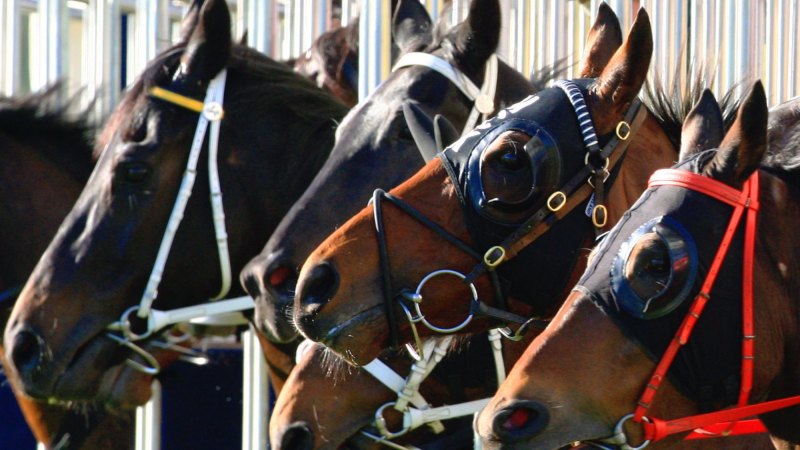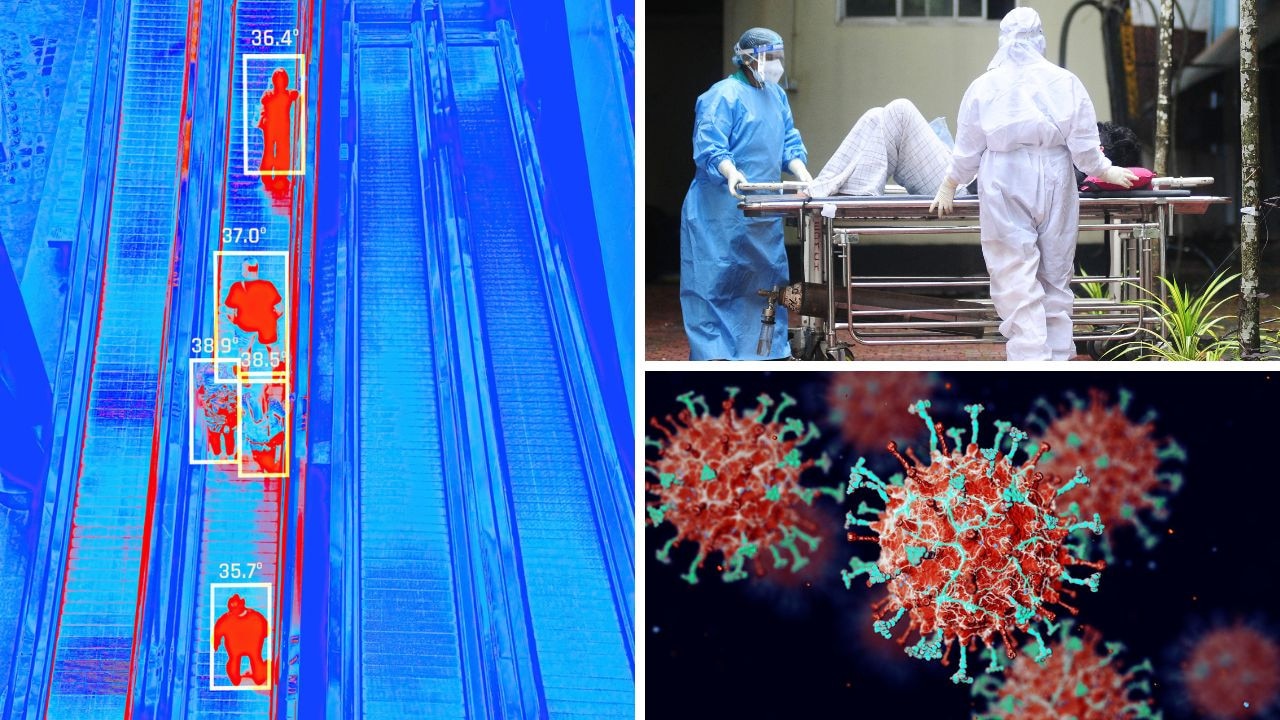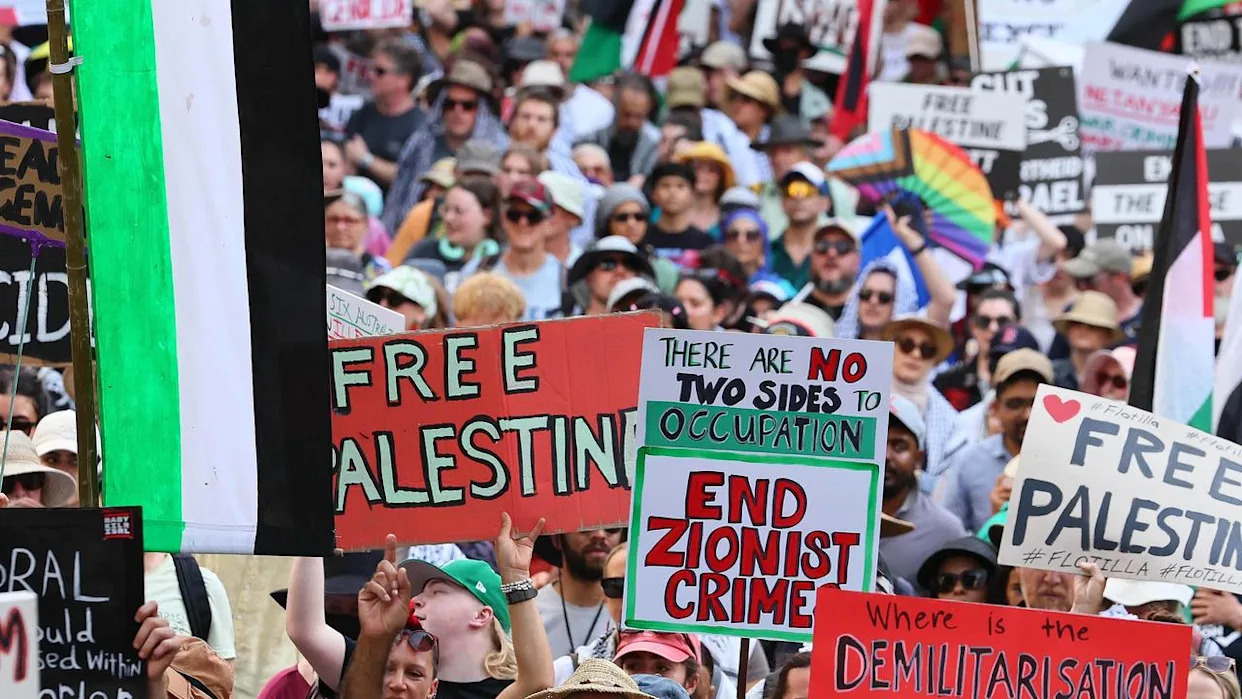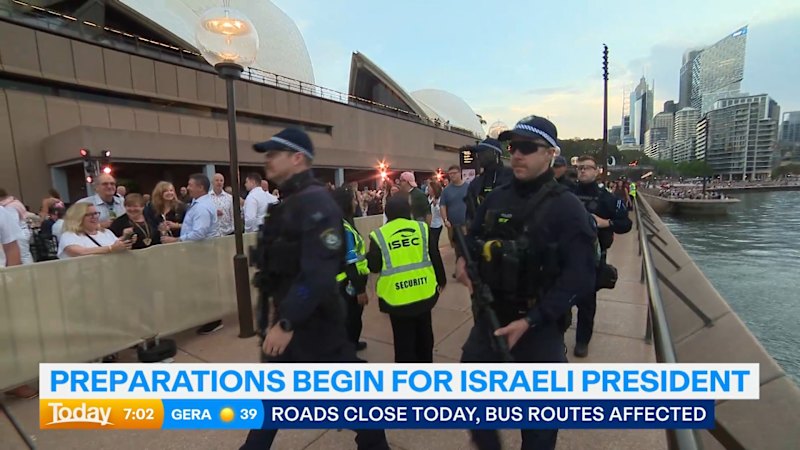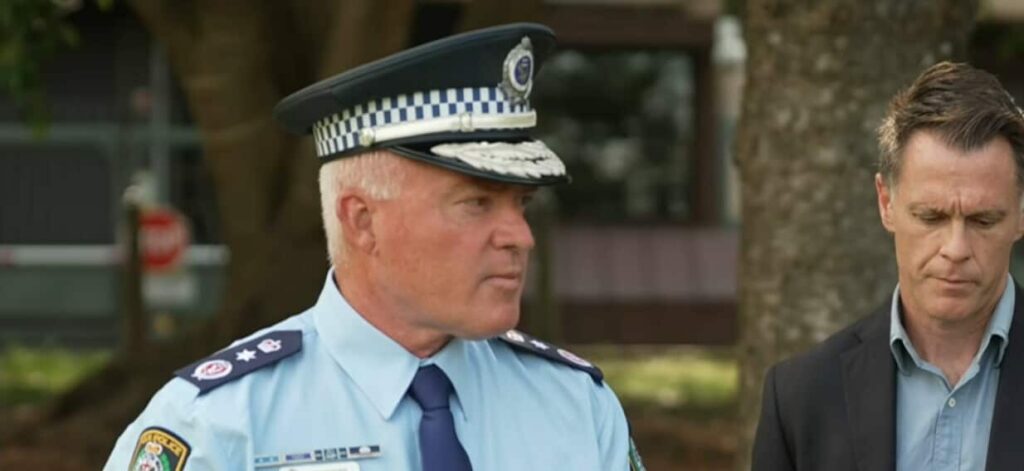
The rally held by the National Socialist Network (NSN) outside the NSW Parliament on Saturday has prompted New South Wales (NSW) Premier Chris Minns to advocate for a review of police powers regarding public demonstrations. Approximately 60 members of the neo-Nazi group gathered, displaying banners with messages such as “Abolish the Jewish Lobby” and chanting slogans associated with their ideology. This incident has raised significant concern among state leaders and law enforcement officials.
During a press conference following the rally, Minns condemned the event, labeling the behaviour exhibited as “deploring, disgusting.” He expressed frustration about how to effectively respond to such gatherings, stating, “If you give them an inch, they’ll take a mile.” He emphasized the need for a decisive stance against neo-Nazi activities in the state, asserting that the government must deliver a clear message rejecting racism.
NSW Police Commissioner Mal Lanyon explained that a “breakdown in communication” resulted in the protest’s approval. Under current NSW regulations, police cannot outright ban a protest but can refuse authorisation if there are safety concerns. Lanyon indicated that police decisions are based on assessments from local command, which, at the time, determined that the protest would not likely result in illegal or violent actions. He confirmed that both the police and government were unaware of the planned demonstration.
Following the rally, Lanyon noted that police would review footage of the event to determine if any laws were violated. New legislation enacted in August 2023 makes it illegal to incite racial hatred in public, with penalties reaching up to two years in prison or a fine of $11,000 AUD.
In light of the rally, Minns proposed enhancing police powers to prevent similar incidents in the future. “It’s likely we need to give police more legislated powers to stop this kind of naked hatred and racism on Sydney streets,” he said. He reiterated that there should be a unified community response against such ideologies.
Lanyon responded to Minns’ suggestion, stating that police would work closely with the government to assess if existing legislation is adequate. If improvements are necessary, he assured that the police would seek governmental assistance for effective measures.
However, prominent Sydney criminal lawyer Nick Hanna cautioned against using this incident as justification for stricter protest laws. Hanna, who has represented activist groups in the past, expressed concern that the government might exploit the situation to infringe upon rights to peaceful assembly. He pointed out that police already had the authority to seek a court order to prohibit the rally but chose not to exercise that option.
The NSW Police have been approached for further comments regarding the incident and the subsequent proposed actions. This rally has sparked a broader conversation about the balance between the right to protest and the need for community safety, highlighting ongoing tensions surrounding hate speech and public demonstrations in Australia.

